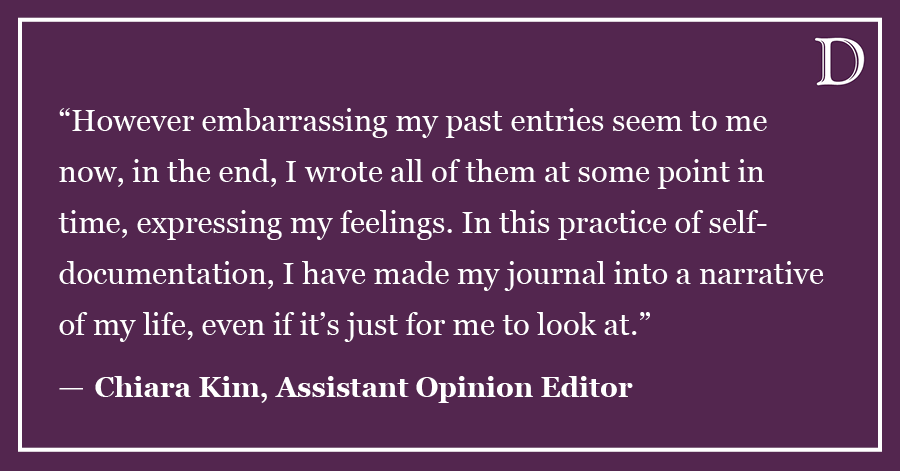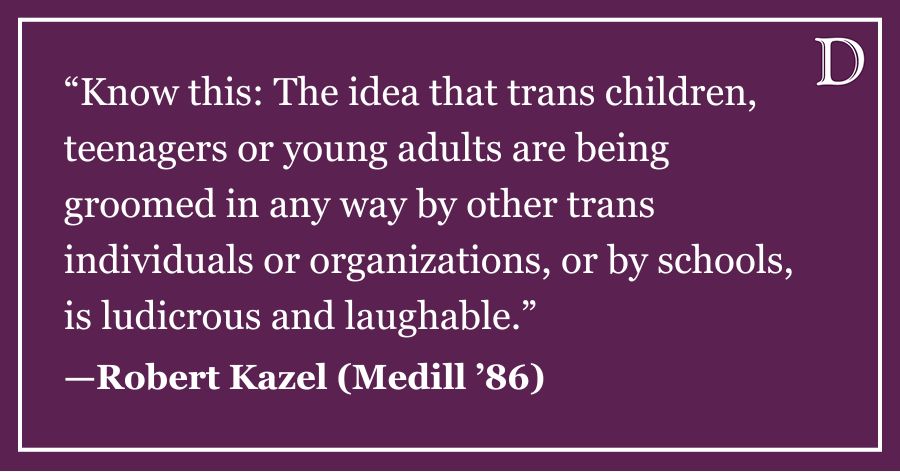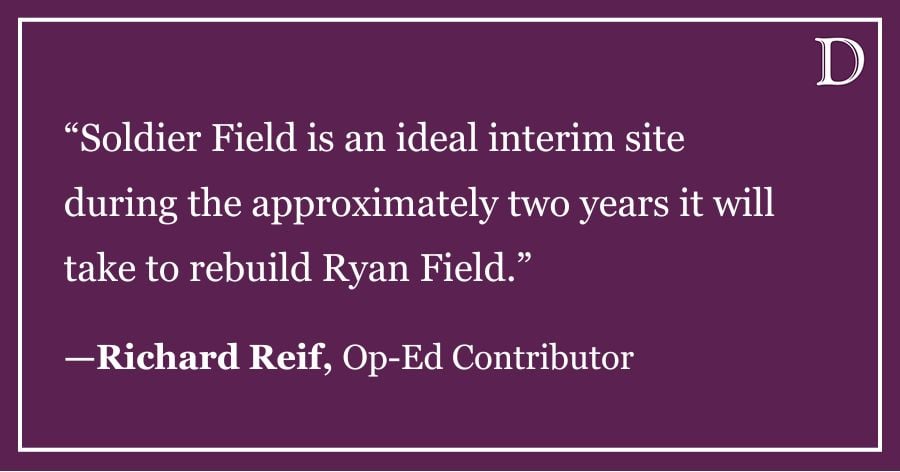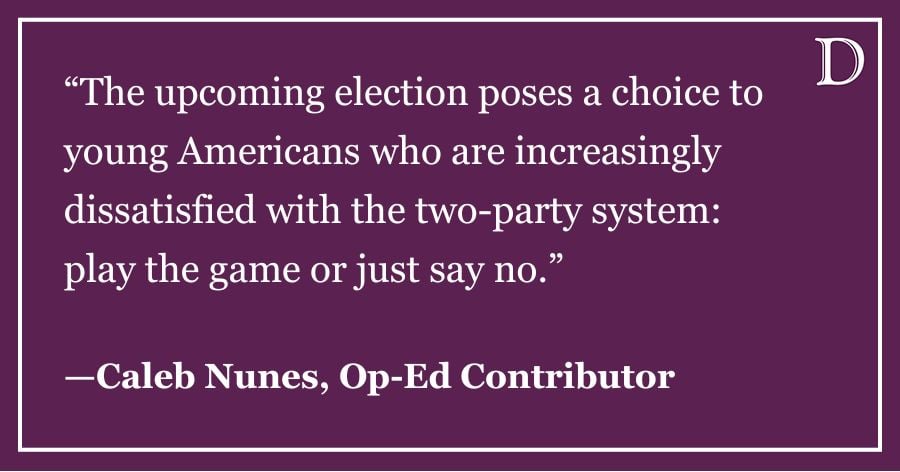While current Northwestern students enjoy the fall weather and de-stress after midterms, high school seniors are in the midst of the exhausting college application process. Being admitted to a top university such as NU is an accomplishment that gets harder to attain every year. Given the insanity of the college admissions process, especially for students applying to NU and its peer institutions, many students choose to use the early decision program to try to increase their chances of admission.
The early decision acceptance rate for the NU class of 2016 was 37 percent, whereas the overall acceptance rate was 15.3 percent. Not only does early decision allow students to have a greater chance of admission to the school of their dreams, but it also allows admissions committees to know for a fact that their school is a student’s top choice. The way in which a university selects its students inevitably affects its campus culture. Even though most regular decision students are thrilled to be at NU, students that applied early decision wanted to be here more than anywhere else.
However, because early decision does not allow students the opportunity to compare financial aid packages, this admission program can disadvantage students who do not come from high-income families. The Single Choice Early Action programs available at other schools would allow NU to continue attracting students that truly want to be here but also not disadvantage lower-income students.
The SCEA program at schools such as Harvard and Yale allow a student to apply early at only one private institution but are not binding. These programs attempt to keep admissions fair to students of different socioeconomic backgrounds while giving students a way to let a school know that it is their first choice. Like early decision, applying SCEA seems to provide an advantage to students: Last year, Harvard admitted 18 percent of its SCEA applicants but only 6 percent of its applicants overall. SCEA provides students with the benefit of proving a college is their first choice but also the chance to compare financial aid packages.
Eliminating early admission in general would be harmful to NU’s student body. Although we would all like to believe that high school seniors never choose to apply to a school just because of its name, we all know that some students do. Many students pull schools mainly from the first few pages of U.S. News & World Report’s ranking in order to create their college list. Because early decision or SCEA applicants have chosen one school as their top choice, they are likely to choose the school they believe will be the best fit for them. Students who apply regular decision could write 10 essays, each claiming that a different school is their first choice, but can only apply to one school under either of these programs.
Even though NU has taken action to help make early decision an option for as many students as possible, it could go even further by instituting a SCEA program. NU gives early decision students who are accepted the chance to reject an offer of admission for reasons of “financial hardship.”
But even with this policy, some students still shy away from early decision for financial reasons. Students who are admitted to NU early do not have the option of comparing financial aid packages before committing to the school. What is “enough” financial aid for a student to be able to attend also varies from family to family. I had high school classmates who were offered what a school considered to be adequate financial aid only to find that their family could not realistically balance funding their college education and other endeavors. Lower-income students may be unable to apply early decision even if NU is their first choice, while students whose families are sure they can fund their college education have this option.
Like other colleges, NU must balance selecting a class of students that truly want to be here with keeping the college admissions playing field as fair as possible. NU could consider switching to a Single Choice Early Action admission program in order to keep the benefits of its current early admission program but avoid the downsides present with the binding early decision option. Early admission may help some students, but it carries a price for others that a few changes could remedy.
Matt Gates is a Weinberg freshman. He can be reached at[email protected]. If you want to respond publicly to this column, send a Letter to the Editor to [email protected].














